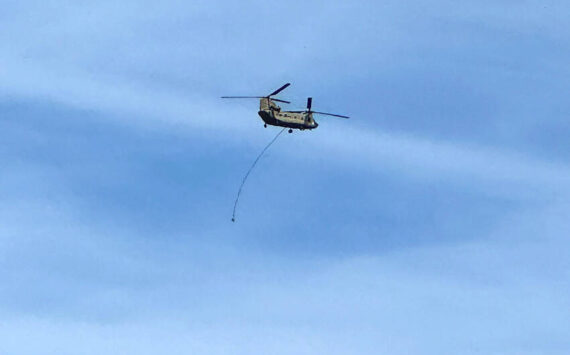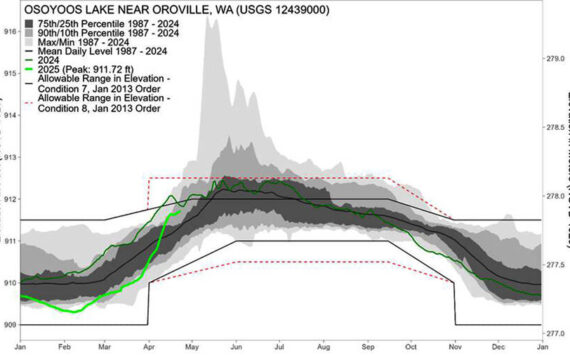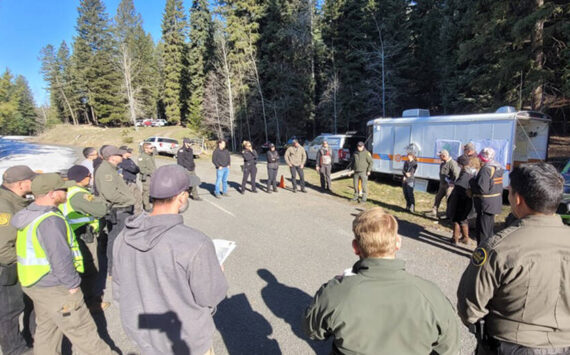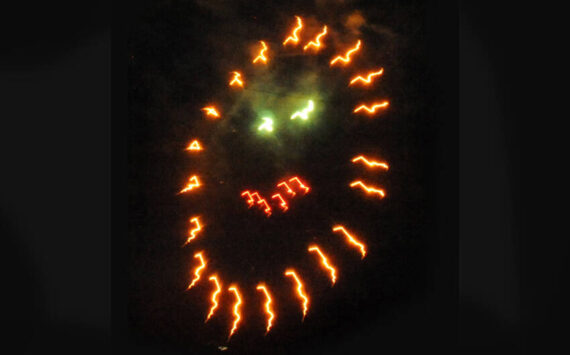WASHINGTON, DC – U.S. Customs and BorderProtection (CBP) assured U.S. and Canadian citizens last week that, ifotherwise admissible, they will be able to re-enter the United States when theWestern Hemisphere Travel Initiative (WHTI) is implemented for land and seatravel on Monday.
 ”CBP’s mission is to protect our borders,”said CBP Acting Commissioner Jayson P. Ahern. “WHTI implements a key 9/11Commission recommendation by requiring secure travel documents whilefacilitating entry. We will be practical and flexible in implementing WHTIusing the same informed compliance approach that proved successful during othermajor changes at our borders over the last two years.”
CBP is committed to working with travelers toensure they have access to and can obtain appropriate travel documents. U.S.and Canadian citizens who lack WHTI-compliant documents are encouraged tocontinue with their travel plans and to obtain WHTI travel documents as soon aspossible to further expedite future border crossings, said Ahern.   
WHTI documents for land and sea travel include:
• U.S. or Canadian Passport;
• Trusted Traveler Card (NEXUS, SENTRI, orFAST/EXPRES);
• U.S. Passport Card;
• State or Provincial Enhanced Driver’s Licenses(when and where available)
U.S. and Canadian citizen children under age 16arriving by land or sea from Canada, Mexico, or the Caribbean need only presentproof of citizenship, such as an original or copy of his or her birthcertificate, a Consular Report of Birth Abroad, a Naturalization Certificate,or a Canadian Citizenship Card.
Document requirements for lawful permanentresidents of the United States do not change under WHTI; lawful permanentresidents should continue to present their Permanent Resident Card (I-551) whenentering the United States. A passport is not required.
Congresswoman Cathy McMorris Rogers, (WA-5thDistrict) is urging international travelers to be prepared for the changesduring the summer vacation season and to make sure they have the properdocumentation when heading to Canada or Mexico.
“Before they pull out their suitcases, I urgetravelers to find out what documentation they need to ensure a smooth trip,”McMorris Rodgers said. “Be sure to check out my website (
The Congresswoman’s state of Washington was thefirst to offer enhanced Driver’s Licenses, which are about half the cost of aU.S. Passport. However, the closest office with the ability to offer thespecial driver’s license to Okanogan County citizens is in Wenatchee.
When asked how the first day for the WHI landand sea rules went on Monday, Ron Arrigoni, Area Port Director said, “We hadabout 90 percent compliance at Oroville. Most of the people are aware of thechanges.”
Arrigoni, is director for both the Port of Entryat Oroville and the daytime Port of Entry at Nighthawk. He said those that werenot in compliance with the new rules were given a tear sheet that givesinstructions on how to become compliant.
“It is all part of our flexibility mode, we wantto work with everybody to gain compliance,” said Arrigoni.
He had just returned from Chopaka Road nearNighthawk, where there is an unofficial border crossing once used by NativeAmericans and Canadian First Peoples. About 300 native peoples from theOkanagan, the Similkameen and the Colville Confederate Tribe gathered on bothsides of the 49th parallel south of Cawston to show their opposition to the newrules. Tribal leaders argue the documents required at the border impose another”prohibitive, colonial-style restriction” that divides a people that used toenjoy free, fluid movement between Canada and the U.S, according to a poster onVernonBlog.
“We’re what’s known as a trans-boundary nation,”said Grand Chief Stewart Phillip, chairman of the Okanagan Nation Alliance.”Our territory extends beyond the 49th parallel. Consequently, many of ourrelatives live south of the 49th parellel.”
The blogger, posting as Don Quixote on Monday,writes, “Before the U.S.-Canada border was established in 1846, the Sylix FirstNation lived in northern Washington and southern B.C., according to theOkanagan Nation Alliance. Leaders from the Alliance and Colville ConfederatedTribes met in Omak three weeks ago to discuss the passport issue and othergrievances. Spiritual leaders who cross the border often face guards who seizetheir spiritual bundles, Stewart said. The new rules represent the latestobstacle to what should be free movement for indigenous people, he said. ‘Theborder-crossing issue has been of concern for our people for a very long timein B.C. and across Canada. In some areas (in Eastern Canada) they’ve set asideone day a year for cross-border protests.’ The Assembly of First Nations andthe federal government are working on ways to enhance Indian Status cards,which would allow First Nations people to travel back and forth without apassport. Protesters aren’t expected to cross the border at today’sdemonstration. Stewart predicts hundreds of people to show up on both sides ofthe line. Thousands more are affected, he said.”
The Western Hemisphere Travel Initiative is thejoint Department of Homeland Security- Department of State program thatimplements a key 9/11 Commission recommendation and Congressional mandate toestablish document requirements for travelers entering the United States whowere previously exempt, including citizens of the United States, Canada andBermuda. WHTI document requirements for air travel went into effect in 2007.






